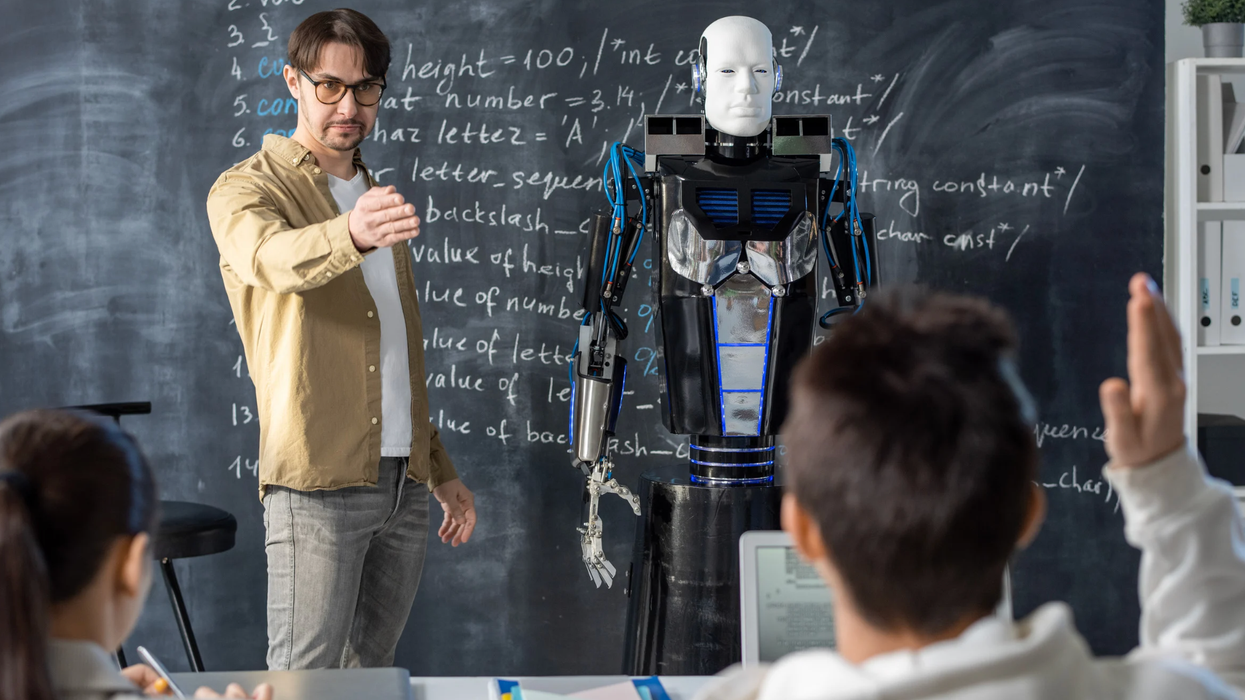Some current college students welcome our A.I. overlords, especially when it comes to writing up term papers. ChatGPT has become a popular way for many students to cut corners when typing up essays, to the point where some barely write anything at all aside from the prompt. However, a study is showing that ChatGPT and other artificial intelligence programs aren't fooling any college professors and can expose students who are slacking off.
A published international study is showing that college professors can tell which essays are genuinely written by students versus ones that are compiled and cooked up by ChatGPT. The researchers at University of East Anglia and other universities that participated in the study analyzed 145 essays written by British university students and 145 essays written by ChatGPT with both batches writing about the same topics. What they have found is that while A.I. and large language models (L.L.M.s) wrote with proper grammar and were academically coherent, all of those essays lacked engagement techniques that are typically used by humans.
The essays written by human students were easily spotted as the average one contained nearly three times more engagement features compared to the A.I.-generated essays. These engagement techniques include personal asides, rhetorical questions, reader mentions, and persuasive language that is usually used to help back up an essay’s argument or perspective. It makes the essay feel more conversational with the reader compared to facts being “talked at” by ChatGPT. Without additional, specific prompting, A.I. is incapable of making dry subject matters and content compelling to read with a personal touch.
While A.I. will likely improve over time and the growing concern to use it to outright cheat continues to grow, university officials are more concerned about the students cheating themselves. “When students come to school, college, or university, we’re not just teaching them how to write, we’re teaching them how to think – and that’s something no algorithm can replicate,” said Prof. Ken Hyland, a co-author of the study. The worry is that if students don’t write the essays themselves, they won’t exercise critical thinking skills and abilities that could help them later in their chosen careers and, frankly, life in general.

















 An envelope filled with cashCanva
An envelope filled with cashCanva Gif of someone saying "Oh, you
Gif of someone saying "Oh, you
 Two penguins play by the waterCanva
Two penguins play by the waterCanva
 A flight attendant closes the overhead binCanva
A flight attendant closes the overhead binCanva Gif of Larry David trying to put his luggage in overhead compartment via
Gif of Larry David trying to put his luggage in overhead compartment via 
 Dog owner pets their dogCanva
Dog owner pets their dogCanva Gif of a sad looking pug via
Gif of a sad looking pug via 
 A car with LED headlightsCanva
A car with LED headlightsCanva
 A confident woman gives a speech in front of a large crowdCanva
A confident woman gives a speech in front of a large crowdCanva

 A anxiety-free man embracing the dayCanva
A anxiety-free man embracing the dayCanva Two friends embrace each other while laughingCanva
Two friends embrace each other while laughingCanva A woman takes a relaxing bubble bathCanva
A woman takes a relaxing bubble bathCanva